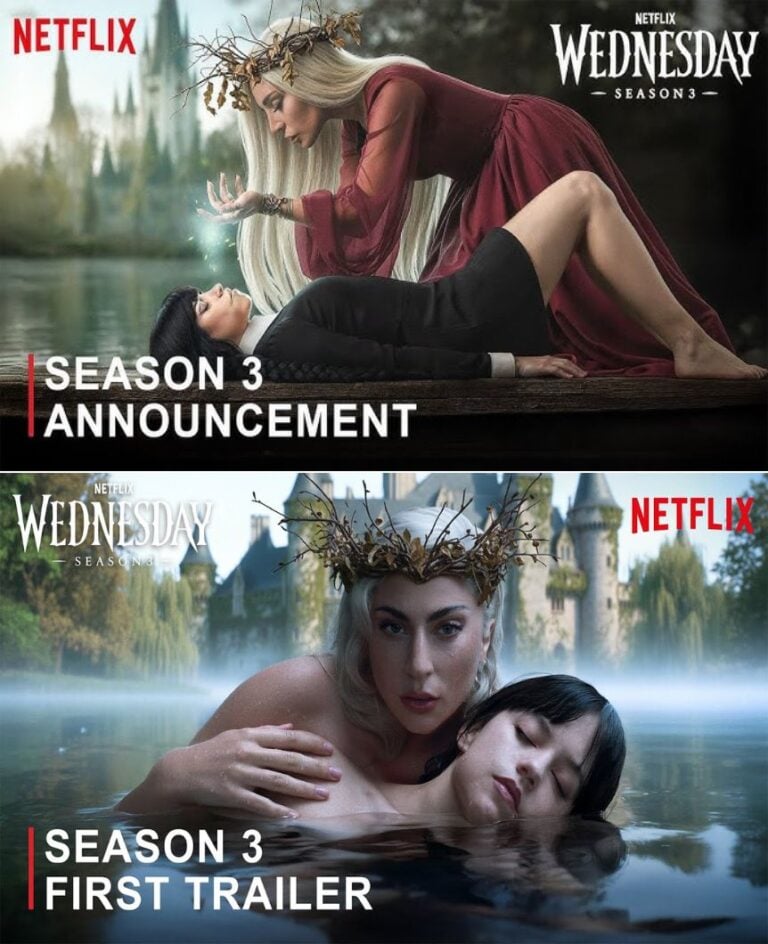In a revelation that’s sending shockwaves through Hollywood’s golden-age fanbase, insiders have finally unveiled the decades-long feud between western icons Lee Van Cleef and John Wayne — a bitter, deep-seated rivalry that blended professional jealousy, ideological clashes, and personal disdain. For years, whispers of animosity circulated through studio backlots and saloon sets, but new accounts have revealed just how fierce the hatred between the two men truly was.

Lee Van Cleef — born January 9, 1925, in Somerville, New Jersey — was the quintessential antihero: lean, sharp-eyed, and deadly on screen. His rise to stardom in films like For a Few Dollars More and The Good, The Bad, and The Ugly made him an icon of the spaghetti western era, a darker, grittier alternative to the clean-cut cowboys America had idolized for decades. And at the center of that old-school ideal stood one man: John Wayne.
To Van Cleef, Wayne embodied everything he despised about Hollywood — a rigid, patriotic caricature that left no room for moral complexity. “Wayne didn’t act,” Van Cleef reportedly told a confidant in the 1970s. “He just was — the same man in every movie, hiding behind a flag and a scowl.”
Sources close to both actors describe their first encounter on the set of The Man Who Shot Liberty Valance as “frostbitten.” Though the two men shared only brief interactions, witnesses claim the tension was palpable. Van Cleef, then an emerging talent hungry for serious dramatic recognition, found Wayne’s swagger insufferable. Wayne, in turn, saw Van Cleef as “too intense, too method, too damn serious” — an actor who didn’t fit his vision of the western hero.

Their ideological divide only deepened the rift. Wayne, a vocal conservative and proud anti-communist, was infamous for his outspoken support of the Vietnam War and his chairmanship of the Motion Picture Alliance for the Preservation of American Ideals — a group that blacklisted suspected leftists in Hollywood. Van Cleef, who leaned toward more progressive and artistic ideals, viewed Wayne’s actions as oppressive. “You don’t bully people in the name of patriotism,” he once remarked, referring to Wayne’s treatment of dissenting actors during the McCarthy era.
Behind the camera, the animosity reached personal levels. Industry insiders recall heated exchanges at Hollywood gatherings, where Van Cleef allegedly mocked Wayne’s limited acting range and called him a “walking poster for propaganda.” In response, Wayne reportedly dismissed Van Cleef as “a B-movie villain who got lucky in Europe.”
Despite their differences, the irony was inescapable — both men helped define the western genre, albeit from opposite ends of the moral spectrum. While Wayne’s heroes rode for honor and country, Van Cleef’s outlaws rode for survival and vengeance. Their on-screen philosophies reflected their real-world conflict: one preached righteousness, the other exposed its hypocrisy.

By the 1970s, as American cinema evolved and the gritty realism of spaghetti westerns replaced the patriotic fantasies of the past, Van Cleef’s influence began to overshadow Wayne’s in critical circles. Younger filmmakers like Sergio Leone saw Van Cleef as the embodiment of modern anti-heroism — raw, broken, and utterly human — while Wayne’s larger-than-life image started to feel outdated. This shift reportedly infuriated Wayne, who privately dismissed the Italian western movement as “garbage made for anarchists.”
When Wayne died in 1979, Van Cleef offered no public condolences — only silence. Privately, he told a close friend, “He was a symbol, not a man. And symbols don’t die — they fade.” It was a brutally honest reflection of a rivalry that had defined both their careers, even if neither ever fully admitted it.
Lee Van Cleef himself passed away a decade later, on December 16, 1989, leaving behind a cinematic legacy that redefined villainy and blurred the moral boundaries of the American West. His feud with Wayne remains one of Hollywood’s most fascinating untold stories — a clash not just between two men, but between two visions of America.
As newly uncovered interviews and letters shed more light on their icy relationship, fans are left to ask: was this feud simply about ego, or did it represent a deeper war for the soul of the western genre?
Either way, one thing is clear — John Wayne rode for the myth of America, while Lee Van Cleef stood for the truth hiding behind it. And Hollywood would never be the same again.





